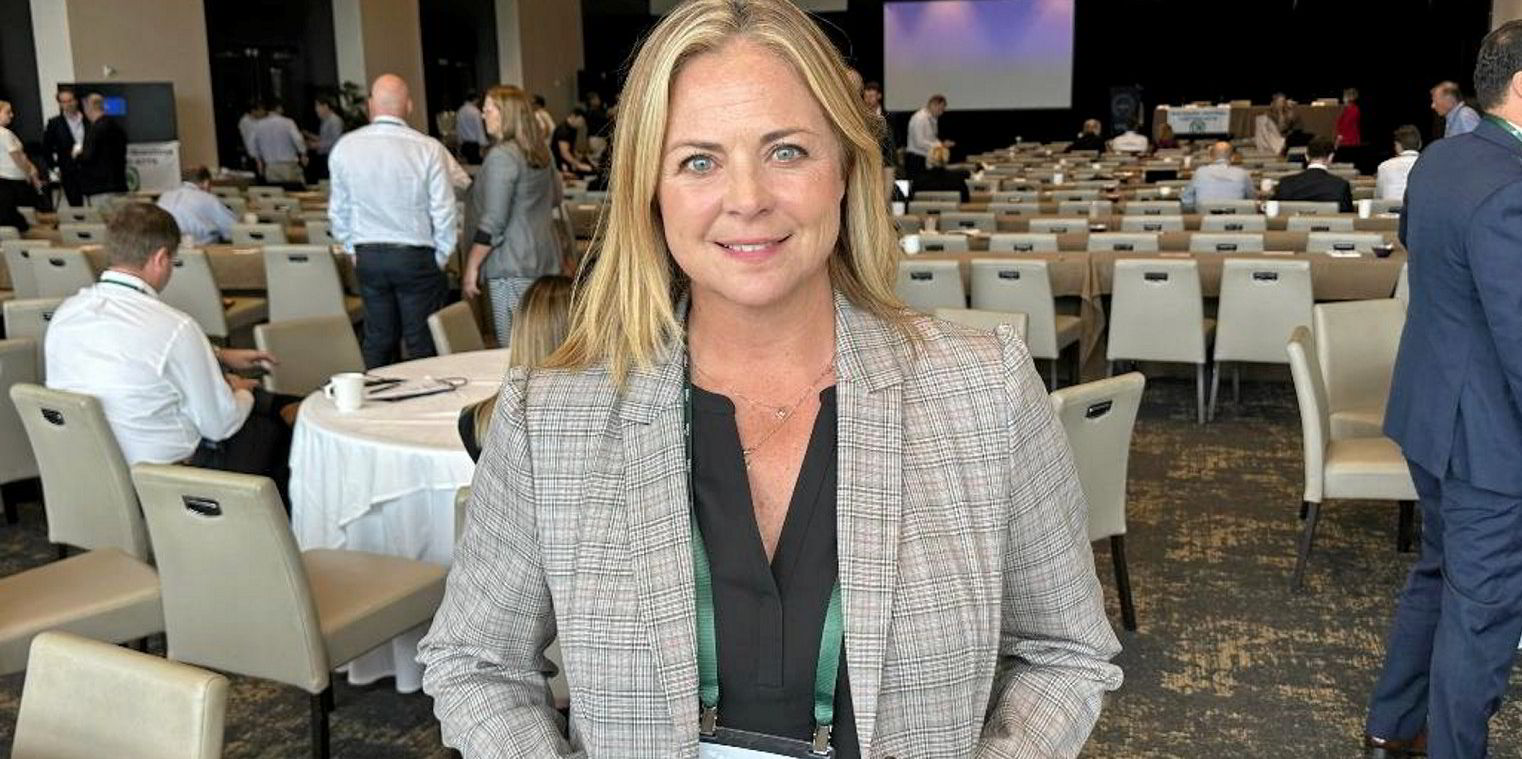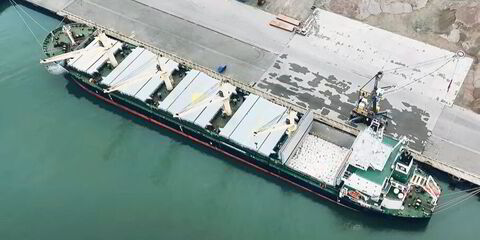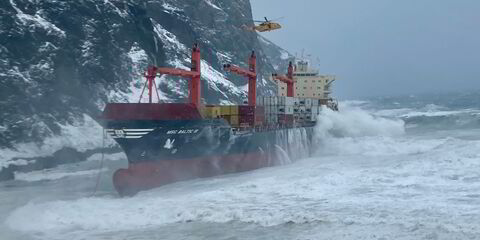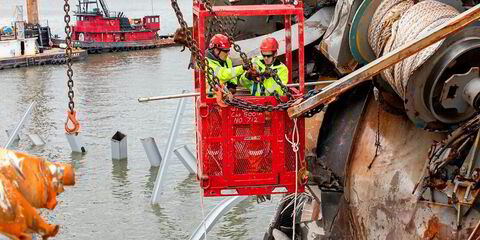A public listing is finally in sight for bulker and commodities group Delta Corp Holdings after delays caused by time-consuming audits, TradeWinds has learned.
The group first announced its intention in September last year to achieve a Nasdaq listing via a reverse merger with Nevada-based Coffee Holding Co Inc.
Delta filed its F4 prospectus with the US Securities and Exchange Commission on Thursday. It hopes to complete its listing on the bourse within the next couple of months, a source told TradeWinds.
Reverse mergers are usually favoured for the speed with which companies are able to list their securities on stock exchanges.
But what would have otherwise been a speedy process took some time because the audit of Delta’s African subsidiaries took so long to complete, according to a source with knowledge of the matter.
Oil and products trading firm GP Global, formerly Gulf Petrochem, was acquired by Delta in October 2022. The acquisition included 24 retail fuelling stations in Kenya, Tanzania, Uganda and Rwanda, plus a lubricant production and distribution facility in Nigeria.
It was these businesses that proved complex for auditors at Marcum, which has served as Delta’s auditor since 2021 and has attracted bad publicity in recent months.
Marcum was among two auditing firms who missed deadlines and made “pervasive” errors during the boom in special purpose acquisition companies (Spacs), which peaked in 2021, according to an analysis published on Friday by Bloomberg Tax.
Workloads mounted as overloaded partners reportedly churned out hundreds of audits for blank-cheque companies. This led to Marcum paying US regulators a $13m charge in June to settle charges that it flouted basic audit rules.
New era
With the prospectus filed with the US Securities and Exchange Commission, the reverse merger can begin rolling.
The transaction has an implied initial equity value of around $625m for Delta Corp Holdings, according to the prospectus.
Delta’s pro-forma enterprise value is $679.7m, which includes cash, debt and minority interest in addition to the equity value.
Shareholders of Coffee Holding will receive one ordinary share of the public company for each share of Coffee Holding they own. Pre-merger shareholders in Delta will receive $625m in shares of the public company.
Delta, which is registered in London, booked net profit of $28m for its 2022 annual year, against total revenue of $621m. The group has 16 offices worldwide and employs more than 300 people. Three of its five directors are women.
Delta wants to leverage public markets to expand its business and enter new areas adjacent to its existing activities, which the prospectus states could include “a broadening of its energy transition, sustainability, and environmental stewardship-related service offerings”.
The company aims to grow both organically and through acquisitions, according to the document.
It has already made steady progress in acquisitions.
Delta bought Noah Ship Management in August 2021. This was followed a year later with the purchase of Vishwaa Carriers, a mine-to-port transportation services firm, as well as GP Global.
Delta also has ambitions within zero-emission road logistics, as demonstrated by two deals signed this year.
It bought Three Wheels United, a tech-driven financier of light electric vehicles in emerging markets earlier this year and aims to close its acquisition of Zyngo — a last-mile delivery provider in India that uses electric vehicles — by the end of 2023.
Delta Corp originated as a bulker operator after around 20 key staff — including chief executive Mudit Paliwal — resigned from Norvic Shipping in 2019.
Since then, the group’s activities have expanded to cover the entire supply chain for dry bulk cargoes, from transshipment to port logistics, ocean transportation, warehousing and delivery to receivers.
The bulker and freight trading division typically operates a fleet of 40 to 50 vessels at any one time, primarily supramaxes within the Atlantic although the firm is building its panamax presence.
Its energy logistics business comprises marine bunkering, land-based fuel supply, lubricant supply and distribution, biofuel supply, trading of carbon credits, plus credit and risk management via its hedging activities.
Delta is also an asset manager in offshore energy and maritime sectors with services comprising technical management, performance monitoring, crewing, plus newbuildings and project supervision. It has 24 vessels under its management, most of which are offshore support vessels.
Delta was forced to arrest a cruiseship under its management in early September, following a charter default that resulted in management fee disputes and a demand for the return of a down payment.(Copyright)




